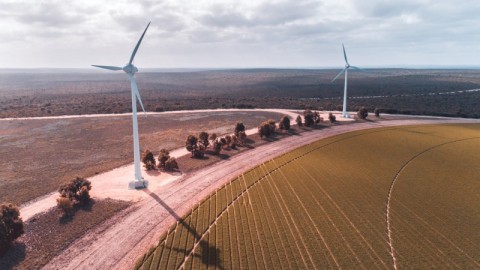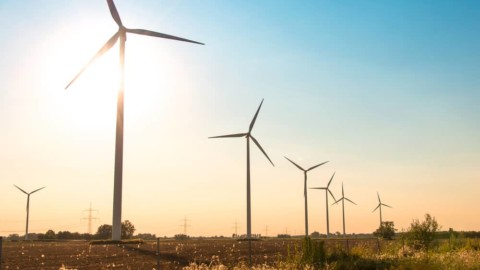SolarReserve has received development approval for its Aurora Solar Energy Project, a key milestone required to build the landmark 150 megawatt (MW) solar thermal power station 30km north of Port Augusta.
The approval process examined a range of critical elements including environmental, community, and social impacts of the Aurora project, which were assessed by several South Australian Government agencies.
Development approval is a legal document which enables SolarReserve to construct the Aurora project, provided the construction complies with the submitted plans and any conditions outlined in the approval.
South Australia’s Acting Minister for Energy, Chris Picton, said, “It’s fantastic that SolarReserve has received development approval to move forward with this world-leading project that will deliver clean, dispatchable renewable energy to supply our electrified rail, hospitals, schools and other major government buildings.
“This approval triggers an investment of about $650 million, will create a total of about 700 construction and ongoing jobs in Port Augusta, and will add new competition to the South Australian market, putting downward pressure on power prices.
SolarReserve’s CEO, Kevin Smith, said it is a significant step in the development of the Aurora solar thermal power station, which will bring SolarReserve’s world-leading clean power generation technology to South Australia.
“The remarkable story of the transition of Port Augusta from coal to renewable energy – which won a competitive tender against fossil fuel – is also a preview of the future of power generation around the world,” Mr Smith said.
The Aurora Solar Energy Project is on schedule with final approvals expected in the first half of 2018 and construction expected to begin shortly thereafter.
The first of its kind in Australia, the Aurora Solar Energy Project will utilise SolarReserve’s world-leading solar thermal technology with integrated molten salt energy storage.
Aurora will generate electricity and collect and store the sun’s energy during the daytime – in essence ‘charging’ its own salt battery for use after the sun has set. The power station will provide the equivalent electricity needs of all of the state’s schools, hospitals, police stations, and government buildings over a full year. Aurora’s massive 1,100 megawatt-hours of storage will provide eight hours of full load power after dark.
This means that, from storage (its ‘salt battery’) alone, Aurora will be capable of powering South Australia far in excess of State Government buildings, the equivalent of over 230,000 homes for eight hours, or around 35 per cent of all of the households in South Australia.
















